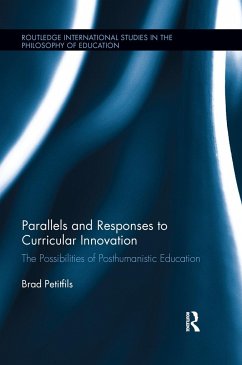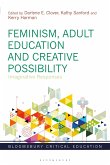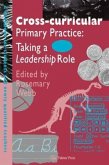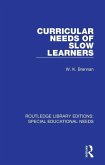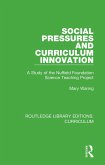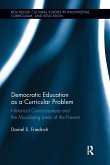This volume explores two radical shifts in history and subsequent responses in curricular spaces: the move from oral to print culture during the transition between the 15th and 16th centuries and the rise of the Jesuits, and the move from print to digital culture during the transition between the 20th and 21st centuries and the rise of what the philosopher Jean Baudrillard called "hyperreality." The curricular innovation that accompanied the first shift is considered through the rise of the Society of Jesus (the Jesuits). These men created the first "global network" of education, and developed a humanistic curriculum designed to help students navigate a complicated era of the known (human-centered) and unknown (God-centered) universe. The curricular innovation that is proposed for the current shift is guided by the question: What should be the role of undergraduate education become in the 21st century? Today, the tension between the known and unknown universe is concentrated on the interrelationships between our embodied spaces and our digitally mediated ones. As a result, today's undergraduate students should be challenged to understand how-in the objectively focused, commodified, STEM-centric landscape of higher education-the human subject is decentered by the forces of hyperreality, and in turn, how the human subject might be recentered to balance our humanness with the new realities of digital living. Therein, one finds the possibility of posthumanistic education.
Hinweis: Dieser Artikel kann nur an eine deutsche Lieferadresse ausgeliefert werden.
Hinweis: Dieser Artikel kann nur an eine deutsche Lieferadresse ausgeliefert werden.

